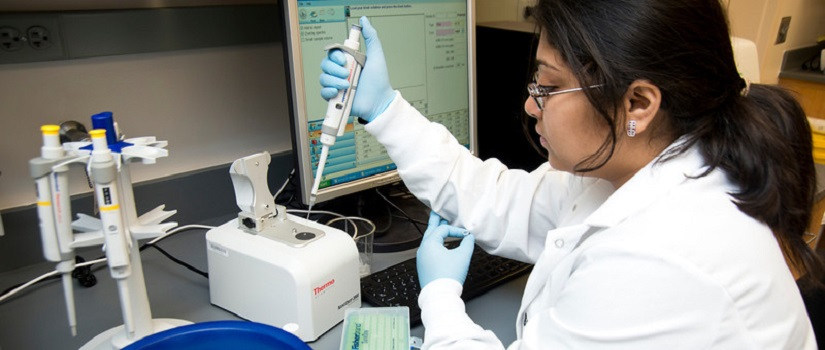Ongoing and Completed Projects
Principal Investigator: James Hébert
Funding Source: National Cancer Institute, National Institutes of Health
Study Period: 9/1/14–8/31/15
The Geographical Management of Cancer Health Disparities Program (GMaP), developed with American Recovery and Reinvestment Act (ARRA) administrative supplements, is a systematic and comprehensive approach to facilitating collaboration, cooperation, information and resource sharing and capacity building among cancer health disparities researchers, trainees, outreach workers and organizations, with the key goal of advancing cancer health disparities (CHD) research and training. To build these bridges, five regional networks or "hubs" were developed that link CRCHD's three flagship programs—the Community Networks Program Centers (CNPC), the Partnerships to Advance Cancer Health Equity (PACHE) and the Continuing Umbrella of Research Experiences (CURE).
The goal for GMaP Regions 1 & 2 is to enhance the capacity of regional players to foster novel research aimed at discovery, development, delivery and dissemination of cancer health disparities information. This ongoing supplement funded by CRCHD supports new collaborative research applications and community outreach endeavors related to cancer disparities, including in designing studies and encouraging appropriate biospecimen donation, and facilitating the career development of minority researchers. Research projects within the region are designed to identify health disparities in areas with the largest cancer-related health disparities in the nation.
Co-Principal Investigators: Jim Burch and James Hébert
Funding Source: South Carolina Medical Endoscopy Center
Study Period: 5/1/14–4/30/15
This project will establish a biospecimen repository among patients undergoing a screening colonoscopy. The objective of this study is to identify biochemical, genetic and epigenetic biomarkers of adenomatous polyp formation that can be targeted for colon cancer prevention.
